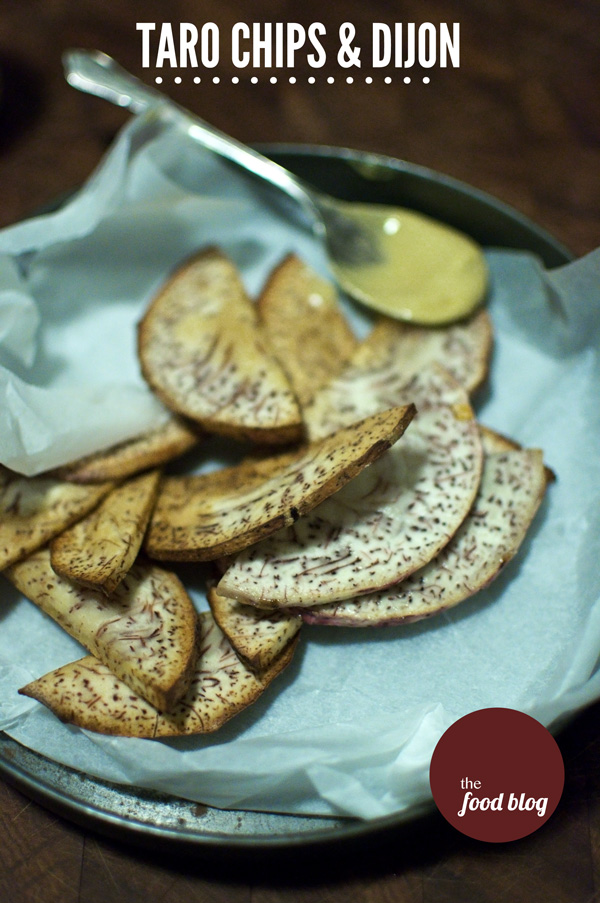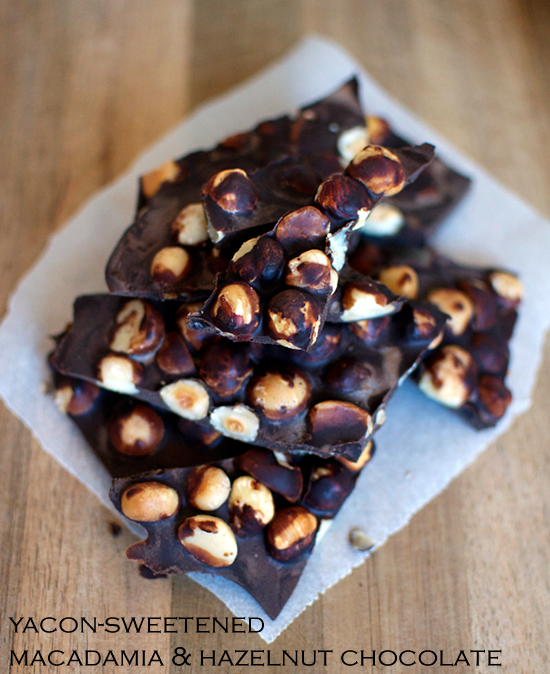
Around the year 2000 BC, Cadmus, the young Phoenician prince of Tyre set sail from the shores of Lebanon in search of Greece. His mission was to find and bring back his sister Europa who had been abducted by none else but Zeus, the father of Gods and men. With him, Cadmus took one of Phoenicia’s most brilliant inventions. You see, the Phoenicians were traders and meticulous documenters, and at some point, they grew tired of drawing cats and dogs like the Egyptians did and had long since given up the labourious cuneiform script that was so well-loved by the Sumarians and the Assyrians. They decided enough is enough, and came up with the alphabet, a means to write that allocated each spoken consonant a character. The Phoenician alphabet was revolutionary, a gift that would change the world and that would endure for millennia. But back to Cadmus, the Greeks understood the importance of what he had brought along with him. We all know Greeks are greedy buggers, and instead of apologizing for abducting Europa, they also abducted the Phoenician alphabet.
Why am I telling you this? Simply, the story above is to show a precedent. Stealing Phoenician princesses and revolutionary alphabets are one thing though, but stealing moussaka – now that can’t but shock you, right? Yes, indeed, one of Greece’s most famous dishes is another missing person case. If you ask a Greek what the word moussaka meant, they’d have no clue. A Lebanese though would immediately tell you that moussaka, or moussaka’a (as we would spell it) means cold or chilled in Arabic and in Lebanese. Moussaka’a is a dish common around Lebanon and the Arab world and usually simply consists of eggplants, olive oil, garlic, onions and tomatoes. The Greek recipe would almost certainly have been identical to the Lebanese one had it not been for Tselementes (who you should really read about), the Greek chef who borrowed influences from the French and smothered the dish with béchamel sauce and meat, in an attempt to make moussaka’a more noble.
Don’t get me wrong, I love Greece’s version of the moussaka’a, but it indeed has strayed far from its origin. Moussaka’a is a humble dish, though one that proves that peasant food is more than the sum of its parts. Good tasting tomatoes are key but what’s brilliant about the Lebanese recipe is the addition of pomegranate molasses. The sweet/sour flavours that it gives are insane with the silky eggplants. No béchamel-laden moussaka can beat that.
Recipe
Ingredients
2 large eggplants, peeled with just a bit of skin left on, sliced in wedges
4 large onions, sliced
8 cloves of garlic, diced
1 kilo good tomatoes (diced) or ½ kilo tomatoes, ½ kilo passata
2 tbsp pomegranate molasses (Cortas is a reasonable brand)
1 tbsp dried mint
Method
Dissolve 2 heaped tbsp of salt in enough water to cover the eggplant slices. Weigh down the eggplants with a plate to make sure they are submerged and soak for anything between half an hour to over night. Remove the eggplants and squeeze them dry with a kitchen towel. Deep or shallow fry in neutral oil until golden and soft. Remove and set aside. In a frying pan, add around ¼ cup neutral oil and fry the onions and garlic until soft, but not golden. They need to become sweet without getting caramelised. Add the tomatoes and passata if using, the dried mint and the pomegranate molasses. Bring to the boil, taste and season with salt to your liking. Here you can also add more pomegranate molasses if necessary. Preheat the oven to 180c. Put the eggplants in a baking tray, top with the tomato mixture and 1 cup of water. Bake in the oven until the sauce has thickened, around 30 minutes. Put in a serving plate and wait until the dish is cold. I also like it to eat it slightly chilled – after all, that’s what the name moussaka’a name begs you to do.


13 comments
This recipe reminds me of imam bayildi
Well, if we’re going to get all etymological, “phonetic” comes from the Greek φωνή (phonê), meaning “voice” or “sound”. “Phoenician” comes from the Greek “phoinikes”, which in turn came from the Egyptian “Fenkhu”; Phoenicians, on the other hand called themselves “Kena’ani”.
Super interesting, thanks for sharing a piece of history with us. Thanks for the recipe, too!
You crack me up! You are a fine spokesperson to the Phoenician and their great contributions to world’s civilisations, thank you! I always wondered who got it first, silly me, of course, the Phoenicians did, otherwise, why would it be called moussaka, an arabic word> of course the Arabs conquered us after the Greeks, right. I am needing a refresher history course, maybe you can give one?
Fouad you forgot the okra 🙂
Great post. It’s always so interesting reading about the history and origin of a dish. I love the passion it brings.
Although I’ve gotta say, as a Greek…I’m not a big fan of bechamel!!! My (Canadian) aunt puts like half a foot of it on her pastitsio because my uncle likes it, but it totally ruins it for me. A little bit? Ok, fine. And I do like the ground beef. But too much of either and the balance of a moussaka or pastitsio is completely thrown off and it gets so gross and heavy…blech.
Meanwhile, is it just me, or do you hate it when people call it “moo-SAH-kuh”? Maybe Australias are better at pronouncing foreign languages, but people in Canada say “moo-SAH-kuh” and “ta-ZEE-kee” and it drives me up the wall!
What pure delight and the presentation is appetizing, I love
I wish you a nice evening
Valerie
Well I’ll be damned! This is an interesting history lesson Fouad. I adore eggplants cooked in many ways. The recipe you have provided is simple and one I plan on doing in the summer months. Greedy or not I plan on enjoying ALL versions of this iconic dish!
When are you coming home to cook it for me?
So beautiful- like everything else on your site- I’ve just had the most magical time reading over some of your posts and bookmarking things- thank you for the distraction!
Une délicieuse moussaka comme je les aime
Je te souhaite une très belle soirée
Valérie;
I bought some pomegranate molasses at a Turkish cooking class a few months ago and haven’t really used it since. I would love to try this recipe, how long will the molasses keep in the fridge, opened?